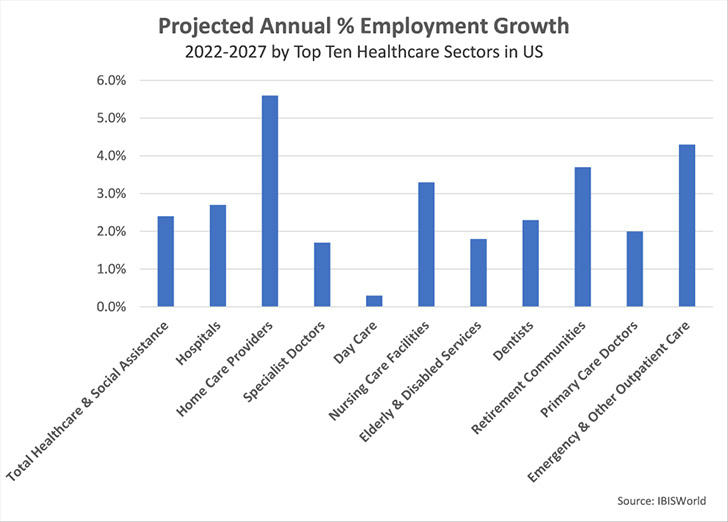Must-See Nursing Courses Guide: Best Learning Channels, Career Benefits, and Future Trends
Nursing is a key pillar in the healthcare system. With the advancement of medical technology and the increasing demand for global healthcare, the nursing education system is constantly improving. Modern nursing courses not only provide professional skills training but also integrate management, technology, and international nursing, offering future nurses a wide range of career opportunities. This article explores the best channels for studying nursing, the advantages of a nursing career, and the employment trends in the nursing industry.

1. Channels for Nursing Education
Students can access professional education and training in nursing through various channels, mainly:
(1) University and College Nursing Degree Programs
Associate Degree in Nursing (ADN): A two-year program that is ideal for students looking to enter the nursing field quickly.
Bachelor of Science in Nursing (BSN): A four-year program that provides more comprehensive nursing education, and BSN graduates are more favored by hospitals and healthcare facilities.
Master of Science in Nursing (MSN) and Doctorate (DNP, PhD): Suitable for those who want to advance in nursing management, education, or advanced clinical nursing (such as Nurse Practitioners).
(2) Online Nursing Courses and Remote Education
Many universities offer online nursing degrees, allowing students to study flexibly while managing work or family commitments.
Remote education makes it possible for students in different regions to receive high-quality nursing training, especially for continuing education and career advancement.
(3) Vocational Schools and Specialized Nursing Programs
These programs are designed for students who want to enter the nursing field quickly, such as courses for Licensed Practical Nurses (LPN) or Certified Nursing Assistants (CNA).
These programs are shorter, with a focus on practical skills, making them ideal for those wanting to start working sooner.
(4) Nursing Training Programs in Hospitals and Healthcare Facilities
Some large hospitals offer internship programs that provide clinical experience for nursing students or new nurses.
Nurses already working can further their education through continuing education programs offered by hospitals, learning the latest nursing techniques and healthcare standards.
2. Advantages of Studying Nursing
Nursing is not only a professional skill but also a career that offers job stability and many opportunities for growth. The main benefits of studying nursing include:
(1) Broad Job Opportunities and High Demand
With an aging population and increasing healthcare needs, the global demand for nurses continues to rise.
According to the U.S. Bureau of Labor Statistics (BLS), by 2030, the U.S. will need hundreds of thousands of new nurses to fill job openings.
(2) Job Stability and Good Salaries
Nurses with a BSN or higher degree earn higher salaries.
Specialized nurses (such as Nurse Anesthetists or Nurse Practitioners) enjoy higher salaries and more career advancement opportunities.
(3) Diverse Career Paths
In addition to traditional clinical nursing, nurses can pursue careers in nursing management, education, or research.
Continuing education allows nurses to become Nurse Practitioners (NP), Nurse Anesthetists (CRNA), or nursing supervisors.
(4) High Social Value and Job Satisfaction
Nursing work directly improves patient health and enhances quality of life.
Nurses play key roles in emergency care, surgeries, and chronic disease management, earning deep respect from society.
(5) International Job Opportunities
Many countries have high demand for Registered Nurses (RNs), and nurses with nursing degrees and international certifications can apply for jobs abroad.
Countries like the U.S., Canada, the UK, and Australia recruit a large number of international nurses every year.
3. Trends and Employment Opportunities in the Nursing Industry

The nursing industry is rapidly developing, and future job trends include:
(1) Nursing Shortage and Growing Demand
Due to the aging population and increasing chronic diseases, the demand for nurses is constantly rising.
Many governments are investing more in nursing education to train more qualified nurses.
(2) Development of Nursing Technology and Smart Nursing
Telehealth: Nurses can provide online nursing consultations via video calls, helping remote patients get medical support.
AI in Nursing: AI helps nurses analyze patient conditions and optimize care plans, increasing efficiency.
Electronic Health Records (EHR): Nurses need to master EHR systems to improve the management of medical information.
(3) Increasing Demand for Specialized Nursing and Career Opportunities
With the advancement of medical technology, there is a growing demand for specialized nursing positions, including:
ICU Nursing: Nursing critically ill patients, with high specialization and good salaries.
Geriatric Nursing: With an increasing elderly population, there is more demand for long-term and rehabilitation care.
Pediatric Nursing: Focused on caring for children and helping them grow healthily.
Mental Health Nursing: Providing professional care for patients with mental health issues.
(4) More International Career Opportunities for Nurses
Many nurses choose to work abroad, where they can earn higher salaries and advance their careers.
By obtaining international nursing licenses (such as NCLEX-RN or CGFNS), nurses can apply to work in healthcare systems in countries like the U.S. and Canada.
4. Conclusion

The diversity and flexibility of nursing courses allow more people to enter this vital healthcare field. Whether through university programs, online courses, vocational schools, or hospital training programs, nursing education continues to develop to meet modern healthcare needs.
Studying nursing not only provides a stable career and good salary but also allows individuals to contribute to society by improving patients' lives. With the advancement of medical technology and increasing nursing demands, the job prospects in nursing will continue to improve, offering more career development opportunities. In the future, the nursing industry will become more intelligent and globalized, making a greater contribution to global health.
